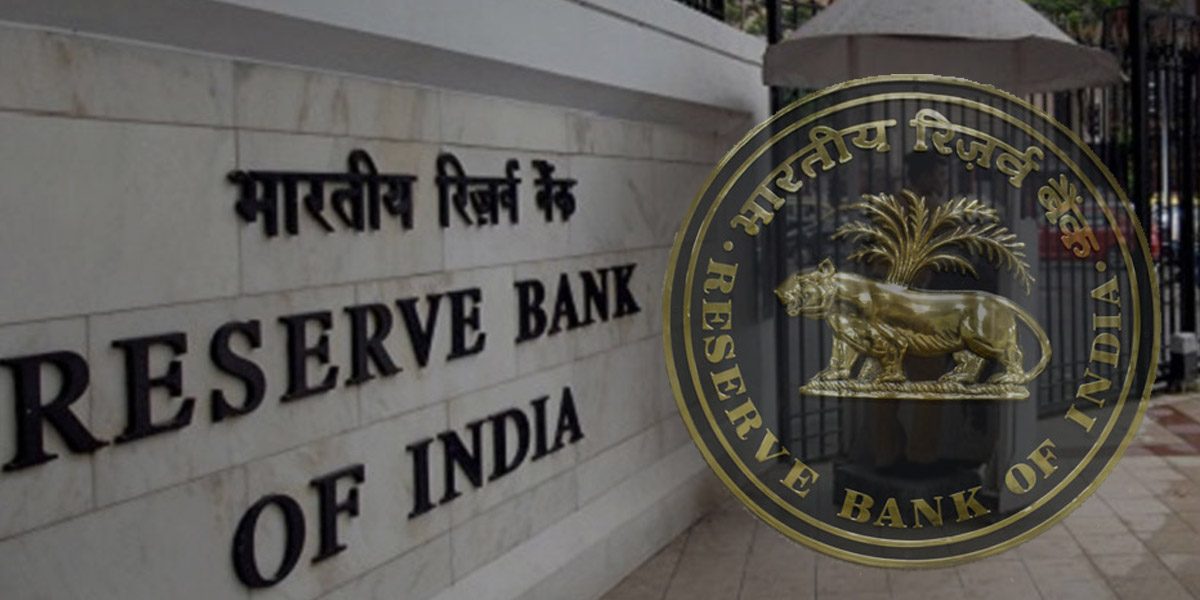July7, RBI firmly issued draft circular on issuance of debit, credit and prepaid cards

July7, RBI firmly issued draft circular on issuance of debit, credit and prepaid cards
On July 5, the Reserve Bank of India (RBI) released a draft circular addressing the issuance of debit, credit, and prepaid cards. The circular focuses on the arrangements between card networks (such as Visa, Mastercard, and RuPay) and card issuers, including both banks and non-banking institutions. The RBI identified that the current arrangements in place between these entities are not beneficial for customers.
The central bank’s concern stems from the observation that the existing arrangements between card networks and card issuers may have certain drawbacks that impact customers. These drawbacks could include issues related to fees and charges, transparency, customer service, dispute resolution mechanisms, or other factors that affect the overall customer experience.

The RBI’s draft circular aims to address these concerns by introducing new guidelines and requirements that will enhance the customer experience in the issuance and usage of debit, credit, and prepaid cards. The specific details of the circular, including the proposed changes and guidelines, were not outlined in the available information. However, the intent behind the circular is to foster a more customer-centric approach in the card issuance process, ensuring that customers receive fair and transparent services from card issuers and networks.
The issuance of this draft circular indicates the RBI’s commitment to safeguarding the interests of customers and ensuring a more customer-friendly ecosystem for card-based transactions in India. By addressing the existing issues in the arrangements between card networks and issuers, the RBI aims to create a more conducive and customer-centric environment that promotes transparency, fairness, and improved services for cardholders.

In addition to highlighting the existing challenges in the arrangements between card networks and card issuers, the Reserve Bank of India (RBI) stated that card issuers should not engage in any agreements or arrangements that restrict them from utilizing the services of other card networks. This measure is aimed at promoting competition and ensuring that card issuers have the freedom to choose among different card networks based on their offerings and benefits.
The RBI emphasized that card issuers should actively issue cards across multiple card networks. By doing so, they provide customers with a wider range of options and enable them to choose the card network that best suits their preferences and requirements. This requirement fosters competition among card networks, encouraging them to innovate and provide better services to attract both card issuers and customers.
The provision for issuing cards across multiple card networks also benefits customers by increasing acceptance and accessibility. It ensures that customers have the flexibility to use their cards across a broader network of merchants and service providers, both domestically and internationally. This can improve convenience and enhance the overall customer experience, as customers are not restricted to a single card network and can utilize the services of multiple networks based on their individual needs.
By promoting competition and offering customers a choice among multiple card networks, the RBI aims to create a more dynamic and customer-centric card issuance landscape. This can lead to improved services, competitive pricing, and innovative features that cater to the diverse preferences and demands of customers.
The RBI’s draft circular on the issuance of debit, credit, and prepaid cards demonstrates its commitment to ensuring fair and transparent practices in the card industry. By prohibiting restrictive agreements and promoting the issuance of cards across multiple networks, the central bank aims to empower customers and enhance their experience while promoting healthy competition among card networks and issuers.

It is important to note that the circular is in draft form and subject to further review and feedback from stakeholders. The final version of the circular will be released by the RBI after considering the inputs received. The issuance of this draft circular reflects the RBI’s ongoing efforts to strengthen the regulatory framework and create a more customer-centric and efficient payment ecosystem in India.
Furthermore, the Reserve Bank of India (RBI) emphasized that both card issuers and card networks should adhere to the existing agreements during the process of amendment or renewal. This requirement ensures that any changes or modifications to the agreements between card issuers and networks are carried out in a fair and transparent manner, without compromising the rights and interests of the parties involved.
By emphasizing adherence to existing agreements, the RBI aims to promote stability and consistency in the relationships between card issuers and networks. This helps to maintain a reliable and predictable environment for conducting card-based transactions, safeguarding the rights of both issuers and networks.
In line with its commitment to transparency and stakeholder engagement, the RBI has invited comments on the draft circular. Stakeholders, including card issuers, card networks, industry participants, and other interested parties, have been encouraged to provide their feedback and suggestions on the proposed guidelines. This open consultation process allows for a broader range of perspectives to be considered, promoting inclusivity and ensuring that the final circular reflects the diverse needs and concerns of the stakeholders.
The RBI has set a deadline for submitting comments on the draft circular, with the last date being August 4. This timeframe provides stakeholders with an opportunity to carefully review the proposed guidelines, analyze their potential implications, and share their insights with the RBI. The comments received will be taken into account during the finalization of the circular, enabling the RBI to make informed decisions that balance the interests of various stakeholders and ensure the effectiveness of the regulatory framework.
By actively seeking feedback from stakeholders, the RBI demonstrates its commitment to a consultative and collaborative approach in shaping policies and regulations in the card issuance domain. This participatory process not only encourages transparency but also allows for the incorporation of diverse perspectives, leading to more robust and effective regulations that address the needs of the industry and the expectations of customers.
Overall, the RBI’s emphasis on adherence to existing agreements and its call for stakeholder feedback through the comment period highlights its commitment to transparency, fairness, and inclusivity in shaping the regulatory framework for card issuance. These efforts aim to create a balanced and conducive environment that promotes the interests of all stakeholders and fosters the growth and development of the card industry in India.




